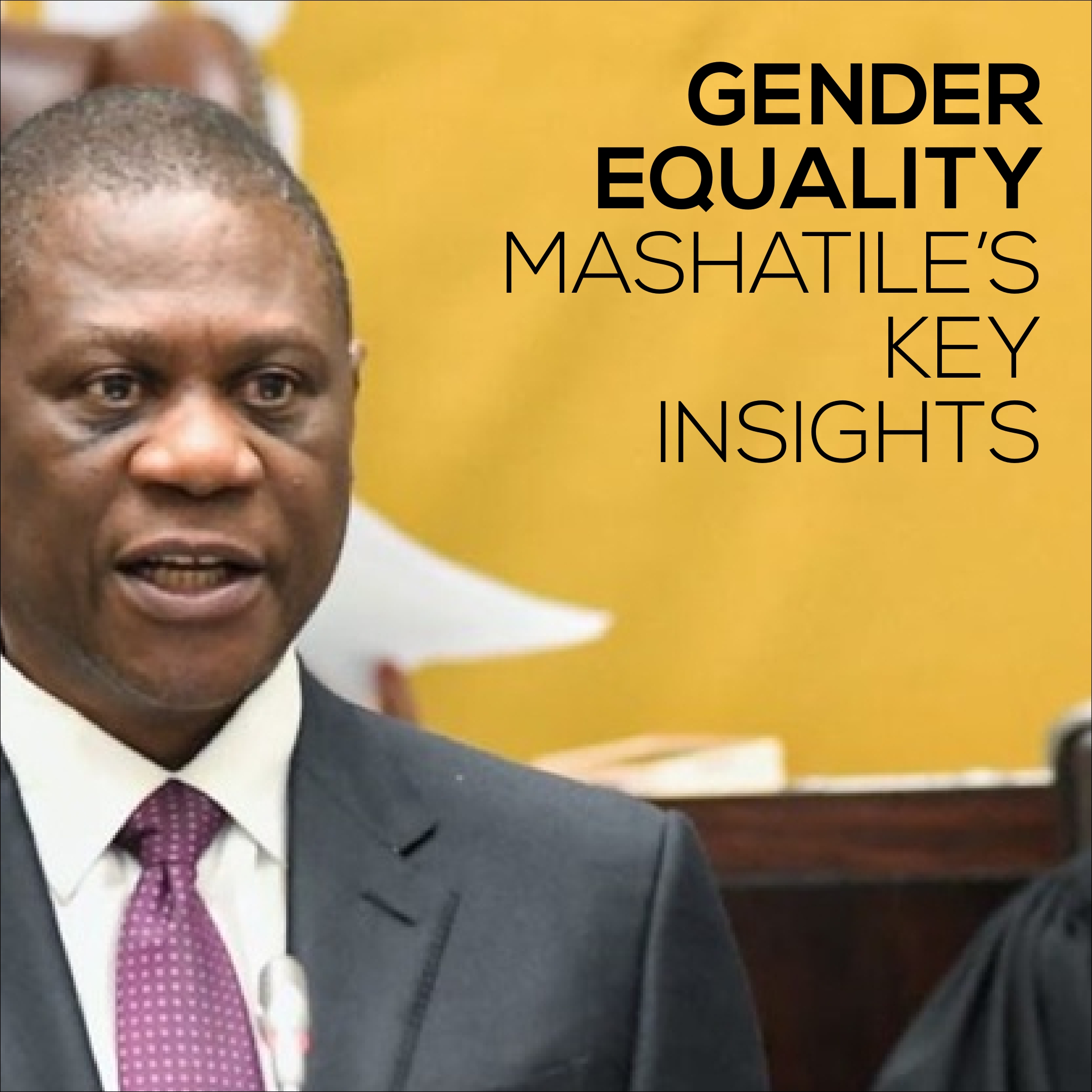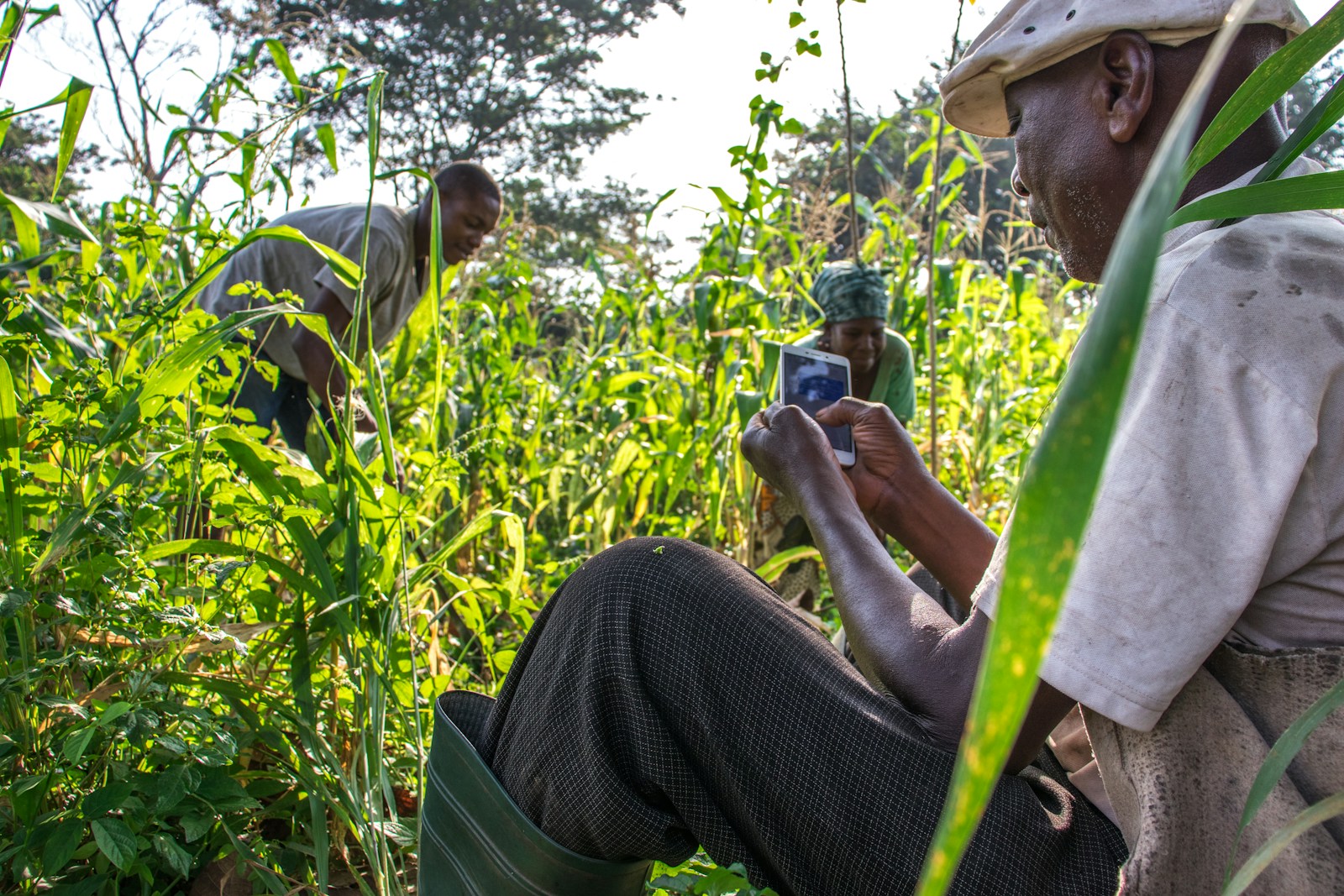Introduction
Mashatile Gender Equality has emerged as a defining focus in South Africa’s social and political discourse. Deputy President Paulus Mashatile recently delivered a landmark address at UNESCO, emphasizing the nation’s commitment to ending gender-based violence, advancing women’s representation, and fostering inclusive policies. His speech also highlighted South Africa’s G20 presidency priorities, including solidarity, sustainability, and social justice. Through concrete initiatives, the Deputy President is transforming the conversation around equality into actionable strategies. Understanding these critical lessons provides insight into South Africa’s path toward a more equitable society, revealing how leadership, policy, and collaboration can combine to effect meaningful change.
Mashatile Gender Equality and Gender-Based Violence Prevention
Mashatile Gender Equality initiatives place strong emphasis on combating gender-based violence (GBV), a persistent challenge in South Africa. Deputy President Mashatile underscored the importance of engaging men and boys as allies in preventing violence, advocating for cultural shifts that promote respect and accountability. He highlighted UNESCO’s Transforming MEN’talities campaign as an example of effective programs that involve men in the fight against GBV.
Furthermore, Mashatile has championed South Africa’s National Strategic Plan on Gender-Based Violence and Femicide, a comprehensive framework co-developed with civil society. The plan focuses on victim support, legal enforcement, and public awareness campaigns. By implementing these measures, the government aims to reduce violence, protect vulnerable populations, and create safer communities nationwide. These efforts underscore the critical link between policy, education, and social change.
Mashatile Gender Equality and Female Political Representation
Mashatile Gender Equality is also reflected in South Africa’s political landscape, where women now hold 42% of parliamentary seats. This achievement positions South Africa among the top G20 nations for female representation. Deputy President Mashatile has consistently advocated for gender parity in leadership, recognizing that equitable representation leads to more inclusive decision-making.
Programs supporting women candidates, mentorship initiatives, and leadership training are integral to this strategy. By fostering female participation at all levels of governance, Mashatile aims to dismantle systemic barriers and promote diversity in political institutions. These measures not only empower women but also strengthen democratic processes and social cohesion.
Mashatile Gender Equality and Education Initiatives
Education plays a pivotal role in Mashatile Gender Equality efforts. Deputy President Mashatile has stressed the importance of access to quality education for girls and marginalized communities. Scholarship programs, inclusive curricula, and mentorship opportunities are central to creating pathways for success.
Through collaboration with schools, universities, and NGOs, Mashatile is ensuring that young people—especially girls—receive the tools and guidance needed to achieve their potential. Education campaigns also target gender stereotypes, encouraging both boys and girls to embrace equitable opportunities. By focusing on education, South Africa is nurturing a future generation committed to fairness, empowerment, and social responsibility.
Mashatile Gender Equality and Economic Empowerment
Economic empowerment is a cornerstone of Mashatile Gender Equality policies. Deputy President Mashatile has promoted programs that increase women’s participation in entrepreneurship, leadership roles, and workforce development. Initiatives include microfinance support, business training, and skills development programs tailored for women and marginalized groups.
These strategies aim to close the gender pay gap, reduce poverty, and foster economic independence. By empowering women economically, South Africa strengthens its overall social and financial fabric. Mashatile’s approach demonstrates that gender equality is not only a moral imperative but also a driver of sustainable economic growth.
Mashatile Gender Equality and Health Policies
Health equity is another critical aspect of Mashatile Gender Equality. Deputy President Mashatile has highlighted the need for gender-sensitive healthcare policies, including maternal health services, mental health support, and access to reproductive healthcare.
Programs targeting rural and underserved populations ensure that women and children receive essential care. These initiatives are complemented by public awareness campaigns addressing domestic violence, HIV prevention, and mental health support. By integrating health policies into the broader gender equality agenda, Mashatile reinforces the connection between wellbeing, empowerment, and social justice.
Mashatile Gender Equality in the Context of G20 Priorities
Mashatile Gender Equality extends beyond domestic policy, aligning with South Africa’s G20 presidency in 2025. Deputy President Mashatile has emphasized four strategic priorities: disaster resilience, debt sustainability, financing a just energy transition, and harnessing critical minerals for inclusive growth.
Integrating gender equality into these priorities ensures that women and vulnerable populations benefit from economic and environmental initiatives. Mashatile advocates leveraging artificial intelligence and the digital economy to create inclusive opportunities, demonstrating that global collaboration can reinforce local empowerment. His leadership highlights how gender equality intersects with broader development and sustainability goals.
Mashatile Gender Equality and Youth Engagement
Youth engagement is central to Mashatile Gender Equality. Deputy President Mashatile has championed programs that encourage young people to participate in civic life, education, and leadership initiatives. These programs foster a culture of inclusion, awareness, and active participation in shaping South Africa’s future.
By involving youth in dialogue on gender equality, the government cultivates early awareness of social responsibility and equality. Mentorship, workshops, and volunteer programs provide practical opportunities for young leaders to make an impact. This focus on youth ensures that the principles of equality are embedded across generations.
FAQs
What is Mashatile Gender Equality initiative?
It’s South Africa’s strategy to promote fairness, reduce violence, and empower women.
How does Mashatile Gender Equality impact the G20 agenda?
It aligns with sustainability, equity, and inclusive growth priorities.
Who benefits from Mashatile Gender Equality policies?
Women, children, youth, and marginalized communities across South Africa.
Conclusion
Mashatile Gender Equality represents a comprehensive approach to achieving social justice and inclusion in South Africa. Through initiatives spanning education, political representation, economic empowerment, health, and youth engagement, Deputy President Paulus Mashatile is translating vision into action. His leadership demonstrates that equality is attainable when policy, commitment, and community converge. These lessons provide a roadmap for other nations seeking to implement sustainable gender equality strategies and reinforce South Africa’s position as a global leader in social progress.




